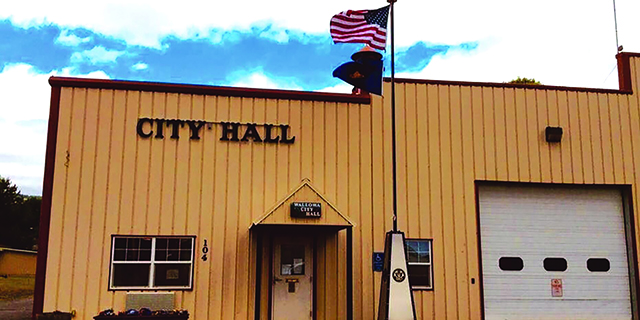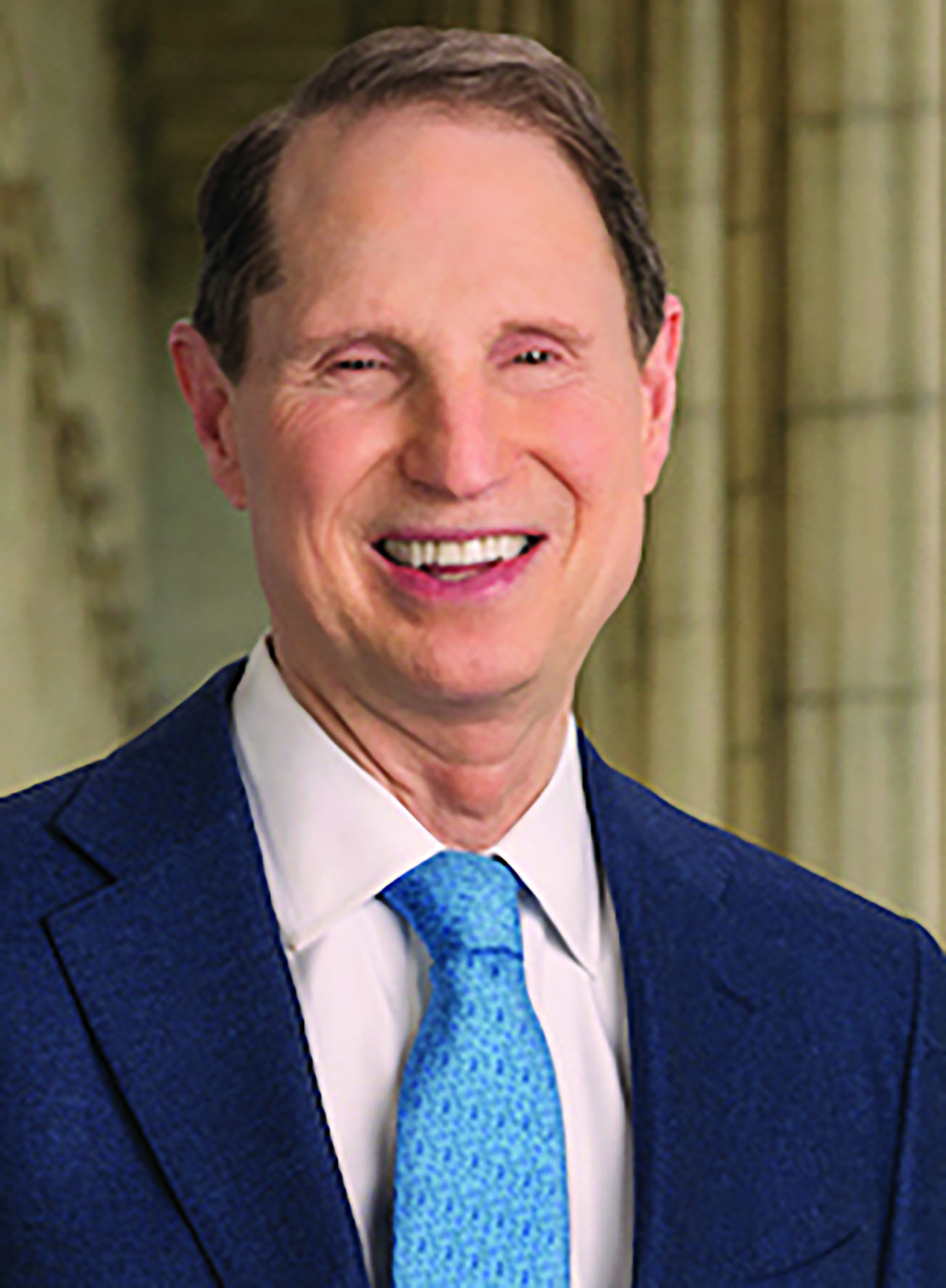Catholicism open to change
Published 5:50 am Wednesday, October 22, 2014
During the past two weeks, Roman Catholic bishops and cardinals have been gathered in Rome for a synod to discuss family issues. Prior to this convocation, dioceses throughout the world had invited feedback from parishioners in surveys that explored their opinions and practices in such sensitive areas as divorce, contraception, and homosexuality. Armed with the foreknowledge that many of their flock did not agree with or abide by Vatican doctrine, and invited by Pope Francis to engage in courageous, candid conversation, the Catholic hierarchy has conducted unusually open-ended discussion about how a traditional church should approach complex family issues in a changing, modern world.
Many bishops have probably found themselves in unfamiliar, uncomfortable territory as they were invited to ask questions and explore boundaries, rather than simply explain and defend church doctrine. While some bishops might have welcomed this opportunity to discuss ideas more open-endedly, others may have bristled at the media attention that the synod drew, or at the very notion that some of these questions were even being posed at all.
Trending
As a progressive Catholic and an admirer of Pope Francis, I regard this synod as a healthy development and a constructive enterprise. And in reflecting particularly on Pope Francis’ willingness to re-evaluate what should be an appropriate pastoral approach to gay people, I have been reminded of two priests that I have known and their responses to the challenge of church teaching regarding homosexuality.
About thirty years ago, a newly ordained priest whom I will call Father J surprised parishioners in southern Oregon by acknowledging that he was gay. He even admitted that during a confused, soul-searching hiatus from the priesthood, he had violated his vow of celibacy while he was living in New York City and making ends meet as a cab driver. Remarkably, his parishioners accepted Father J and his confession with a spirit of forgiveness, tolerance, and understanding.
In my opinion, Father J was probably the most profound preacher I have ever had the privilege to hear. He had a gift for opening scripture in all its mystery, majesty, ordinariness, and humility. His homilies were personal, and they touched the hearts of his congregation. His Newman Center Masses at Southern Oregon State College brimmed over with young people.
A few years later, Father J was transferred to the San Francisco area, where he continued to preach to overflow Masses. But sadly, his ministry ended much too soon, as a consequence of AIDS that he had acquired during his self-acknowledged breach of celibacy. Yet his final years might have been his most influential, because he was serving in a time and a place where a gay priest dying of AIDS was perhaps somehow best suited to minister.
Another priest came to my mind when I was reflecting on how the church should respond to homosexuality. I will call him Father M. About ten years ago, Father M kindly hosted me at his rectory when I was traveling around Oregon campaigning for Congress. In a candid, private conversation, he and I discussed our respective views on civil unions and gay marriage. I acknowledged that I was in favor of either or both, although I explained that I also respected that churches should be free to teach according to their own beliefs and practices.
Father M carefully framed his response by first stating that as a priest who had taken a vow of obedience, he would and must publicly and officially teach church doctrine regarding homosexuality. But on a personal level, he acknowledged that his own brother was gay, and that prior to his brother’s acceptance of his sexuality, he had suffered through years of frustration, depression, and self-loathing. Now, as a man in a committed, loving relationship, his brother was finally living a happy, fulfilled life. And Father M admitted that he too was happy for his brother.
Trending
I appreciate Father J’s life and preaching, Father M’s candor and compassion, and Pope Francis’ openness to better approaches to Christlike ministry. Respectfully, I would recommend one familiar question that the bishops should reconsider: “And who is your brother or sister?”
John McColgan writes from his home in Joseph.









